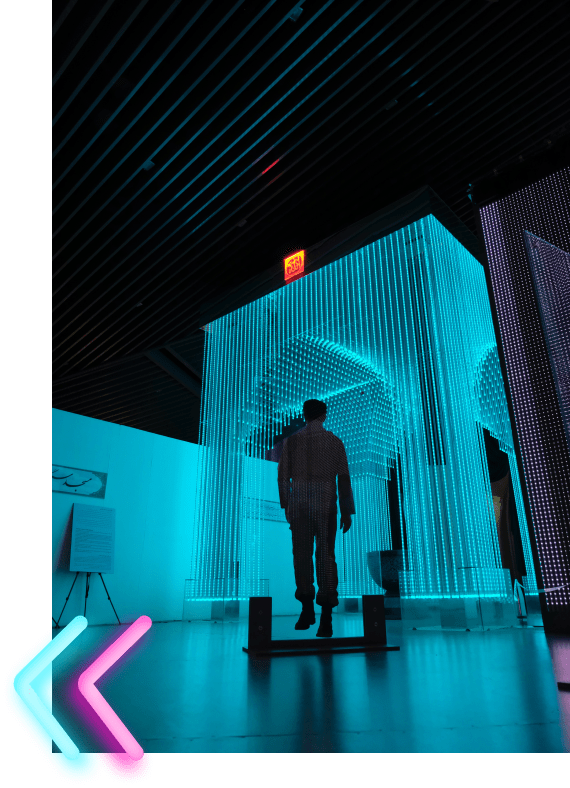Welcome to the Teacher Empowerment Program of the BE-21-SKILLED! This program is specifically designed to equip Higher Education Institution (HEI) STEM educators with the essential tools and understanding necessary to seamlessly integrate 21st Century Skills (21CS) into their teaching practices. Tailored for educators passionate about advancing their teaching strategies, this program aims to ensure that their students are not only proficient in STEM subjects but also possess the critical 21st-century competences that will provide them with a competitive edge in their future careers.
To effectively incorporate soft skills into teaching, educators can utilize a variety of strategies and methods. The documents provided outline several practical approaches to embedding these skills into the curriculum. Here are some key recommendations:


By incorporating these strategies, educators can create a more holistic learning environment that not only focuses on academic knowledge but also on the essential soft skills needed for the 21st century. This approach will better prepare students for the challenges of the modern workforce and help them to thrive in various professional and personal settings.
In addition to the implementation of these soft skills you can delve into the Teacher Empowerment Program which spans six comprehensive modules. The Teacher Empowerment Program guides HEI STEM teachers through the process of increasing their knowledge and teaching competences in essential 21CS areas. Each module focuses on a different aspect of these vital skills, reflecting the demands of our fast-changing and interconnected world.